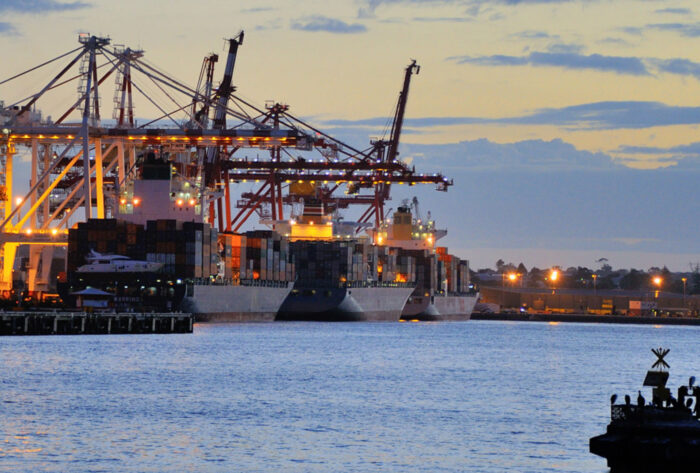Mainline operators are cutting bunker surcharges in view of the sharp decline in marine fuel prices over the past six months, according to Alphaliner’s latest report, released on 14 June.
Although bunker expenses were highlighted by some carriers as a cost factor in 2023 first quarter results, marine fuel prices have been on a steady decline since mid-2022, and are expected to fall further.
In Rotterdam, prices of heavy-sulphur fuel oil stood at US$454 per tonne in early June, down from US$642 per tonne a year ago. Prices of very low sulphur fuel oil in the Dutch port averaged US$545 per tonne, falling from US$963 per tonne in June 2022.
Concerns over petroleum demand, amid calls to achieve carbon neutrality in 2050, have pulled oil prices down.
German carrier Hapag-Lloyd highlighted higher bunker expenses in Q1 2023, which were up 7.5% year-on-year for the line but that is expected to change over the year.
In its 2023 earnings guidance, Hapag-Lloyd predicts a ’clear decrease’ in fuel prices in 2023 after the average US$753 per tonne paid in 2022. Maersk also reported a 2.3% year-on-year increase in average bunker costs in Q1 2023 to US$625 per tonne, partially offset by an 11% drop in consumption.
However, Maersk and Hapag-Lloyd have reduced their bunker surcharges for April to June, and again for July to September. Maersk has set its Bunker Adjustment Factor (BAF) on the Far East to US East Coast route at US$842 per TEU effective from 1 July, down from US$889 in the current period.
Hapag-Lloyd has reduced its marine fuel recovery charge to US$397 per TEU for 3Q 2023, down from the current charge of US$441 per TEU.


